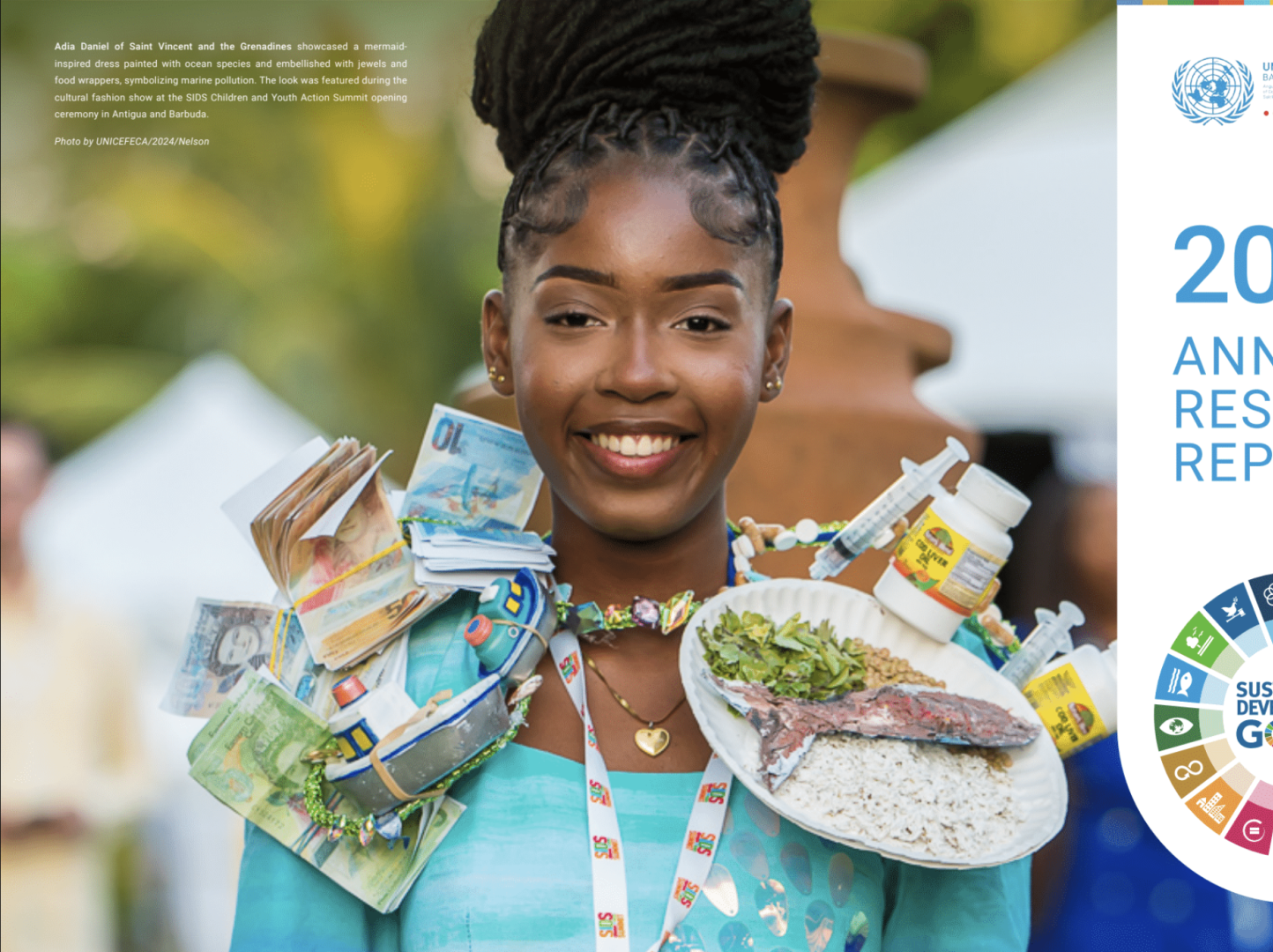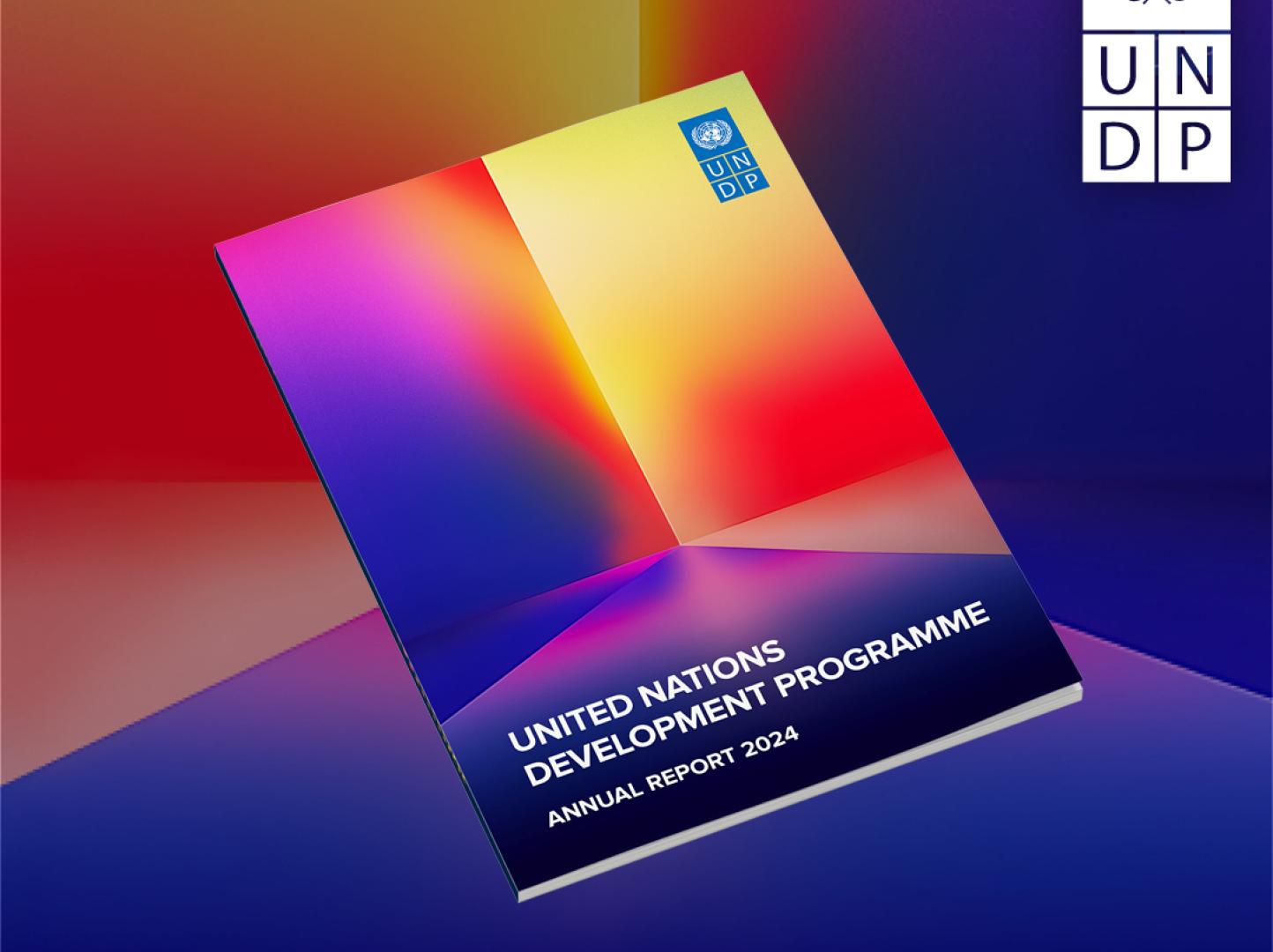COMPREHENSIVE SEXUALITY EDUCATION Guidelines and Tools for Monitoring and Evaluation for Caribbean Countries
In many of the societies from which the ancestors of Caribbean peoples came, children and adolescents were taught about human sexuality, implicitly and/or explicitly. In some instances, this teaching-learning included rites of passage that marked the onset of puberty when children began the transition to adulthood, taking on adult responsibilities and roles including the management of their sexuality. Today’s situation is remarkably different.
Across many parts of the Caribbean, aspects of sex education were taught in the second half of the 20th Century. In some instances, sex education was part of human biology and focused primarily on human physiology and adjusting to puberty. With the spread of the HIV/AIDS epidemic, sex education became more accepted and acceptable as a means of promoting safe sex and the prevention of fatal infection. Recent studies that have shown high rates of adolescent pregnancy have engendered an expansion of sex education to include the prevention of early and/or unintended pregnancy among adolescents. In response to increasing challenges around sex, sexual health and healthy sexuality across the region, the Health and Family Life Education (HFLE) curriculum for the Caribbean was completed in 2004 and revised in 2013. HFLE has a module on sexuality and sexual health, as well as a module on self and relationships. This curriculum has five standards for sexuality and sexual health, each of which has a descriptor and key skills with specifically identified sub-skills, viz., coping [healthy self-management, self-awareness, self- monitoring], social [communication, interpersonal relations, assertiveness, refusal, negotiation, empathy] and cognitive [critical and creative thinking, problem-solving, decision-making, critical viewing] that students are expected to achieve (UNICEF 2010b:15).
In June 2018, UNFPA and other international and regional agencies organised a high-level policy dialogue on improving adolescent health in the Caribbean through the effective delivery of HFLE programmes. Informed by the CSE state-of-the-art diagnosis, delegates at this high-level meeting recognised that CSE through HFLE was only being partially implemented. Citing the need to improve the integration and quality of delivery of comprehensive sexuality education (CSE) through HFLE, delegates made thirty-six recommendations and agreed to a follow-up technical meeting in 2019.
Among the recommendations of 2018, was the need for countries to develop country action plans and for CARICOM to develop a regional action plan (UNFPA 2018:34; 2019:44). Specifically, recommendations 9 – 10 were to:
- Develop and/or support the operation of robust monitoring and evaluation system to assess process, outcomes, and impact of HFLE programmes.
- Review national HFLE programmes using M&E framework developed with technical expertise and substantive youth, CSO and FBO participation.
- Conduct timely reviews of the regional documents guiding the implementation of the HFLE Programme including the Caricom Regional Framework.
At the 2019 technical meeting, it was evident that implementation of CSE across the region was slow, inconsistent across countries and not well aligned with the international standards. The recommendations informed the regional Spotlight Initiative programme, including the development of this manual. The Spotlight Initiative aims to increase policy coordination and functional cooperation across the region to address family violence, setting regional standards for essential services delivery, monitoring implementation of laws and policies, and advancing best practice models for family violence and GBV prevention by CSE within the HFLE curriculum and classes. It is within this context that these guidelines have been developed for monitoring and evaluating CSE implementation across the region.



